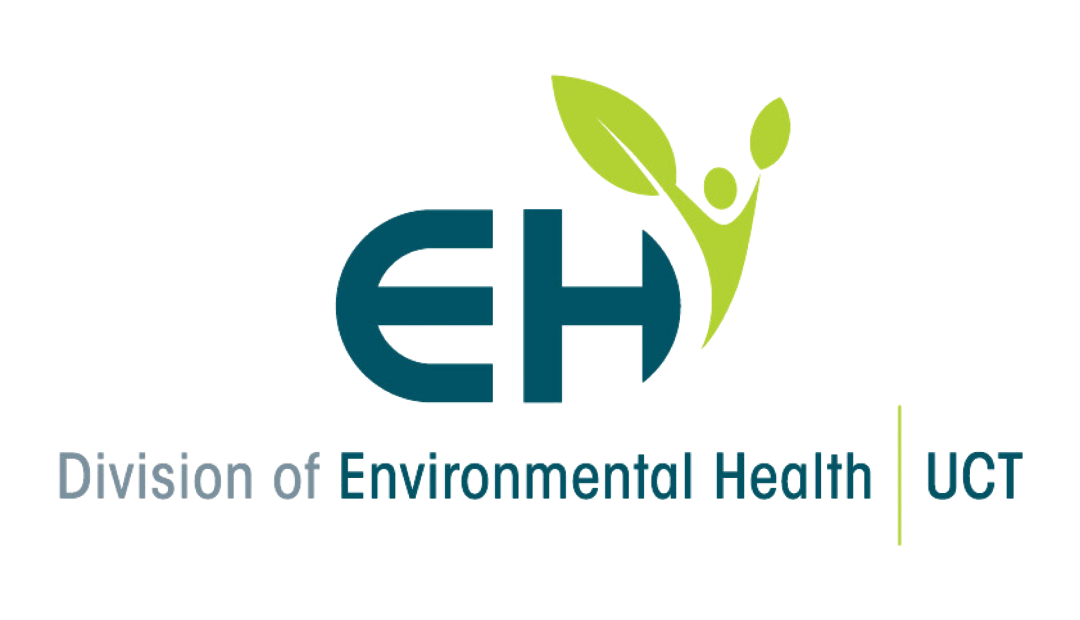Past and ongoing projects
Since its establishment, SAPReF has made progress in harmonsing pesticide management activities, promoting regional collaboration, and building country capacity to regulate pesticides effectively, as well as prevent risks to humans and the environment. The activities include the development of:
- SADC Guidelines on Pesticide Management and Risk Reduction - published in November, 2019
- SADC Regional Strategy on Highly Hazardous Pesticides - finalising in 2024
- SADC Harmonized Guidelines for the Registration of Biopesticides - finalising in 2024
SADC Guidelines on Pesticide Management and Risk Reduction
With support from FAO, SAPReF spearheaded the development of SADC harmonised Guidelines on Pesticide Management and Risk Reduction.
Highly Hazardous Pesticide (HHP) Project
The Southern African Pesticide Regulators Forum (SAPReF) is developing the SADC regional Strategy on Highly Hazardous Pesticides (HHPs). This process is led by the SAPReF HHPs Technical Working Group (TWG).
Biopesticides Project
SAPReF is implementing a project titled 'Enhancing Trade Through Regulatory Harmonisation and Biopesticide Based Residue Mitigation in the SADC Region'.
SAPReF members have taken part in the following training:
- Funding Training: Options and Proposal Development (2015)
- Implementation of the Rotterdam Convention (2016)
- HHPs: Basic Theory, Identification of HHPs, Use of HHP Surveys and Risk Assessment Methods, Risk Mitigation and the Development of an Action Plan (2016)
- FAO Pesticide Registration Toolkit (2017)
- Introduction and Identification of HHPs (2017)
- Fast-tracking Options for Biopesticide Registration (2017)
- Technical Legal Issues in the Drafting of SADC Policy (2018)
- GHS Classification and Labelling of Chemicals (GHS) (2020)
- Management of Highly Hazardous Pesticides: Module 1: Framing the Issue (2021)
- Introduction to Strategic Fundraising (2021)
- Developing Strategic Action Work Plans (2021)
These are significant achievements in the pursuit of improvement of the competitiveness of agriculture and strengthening capacities in the area of rules, standards and quality control both at regional and national level.
















